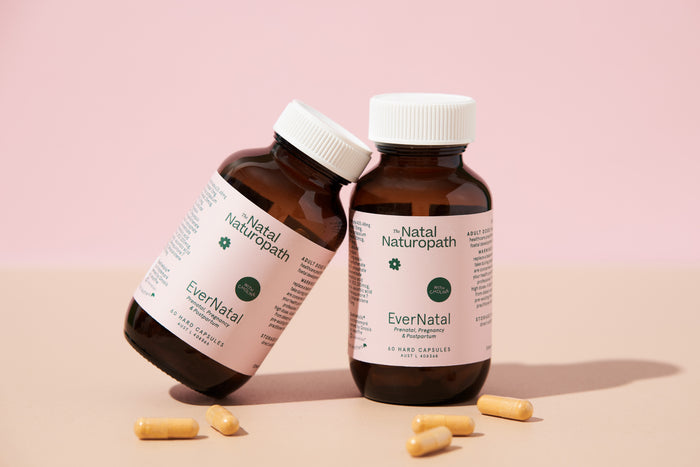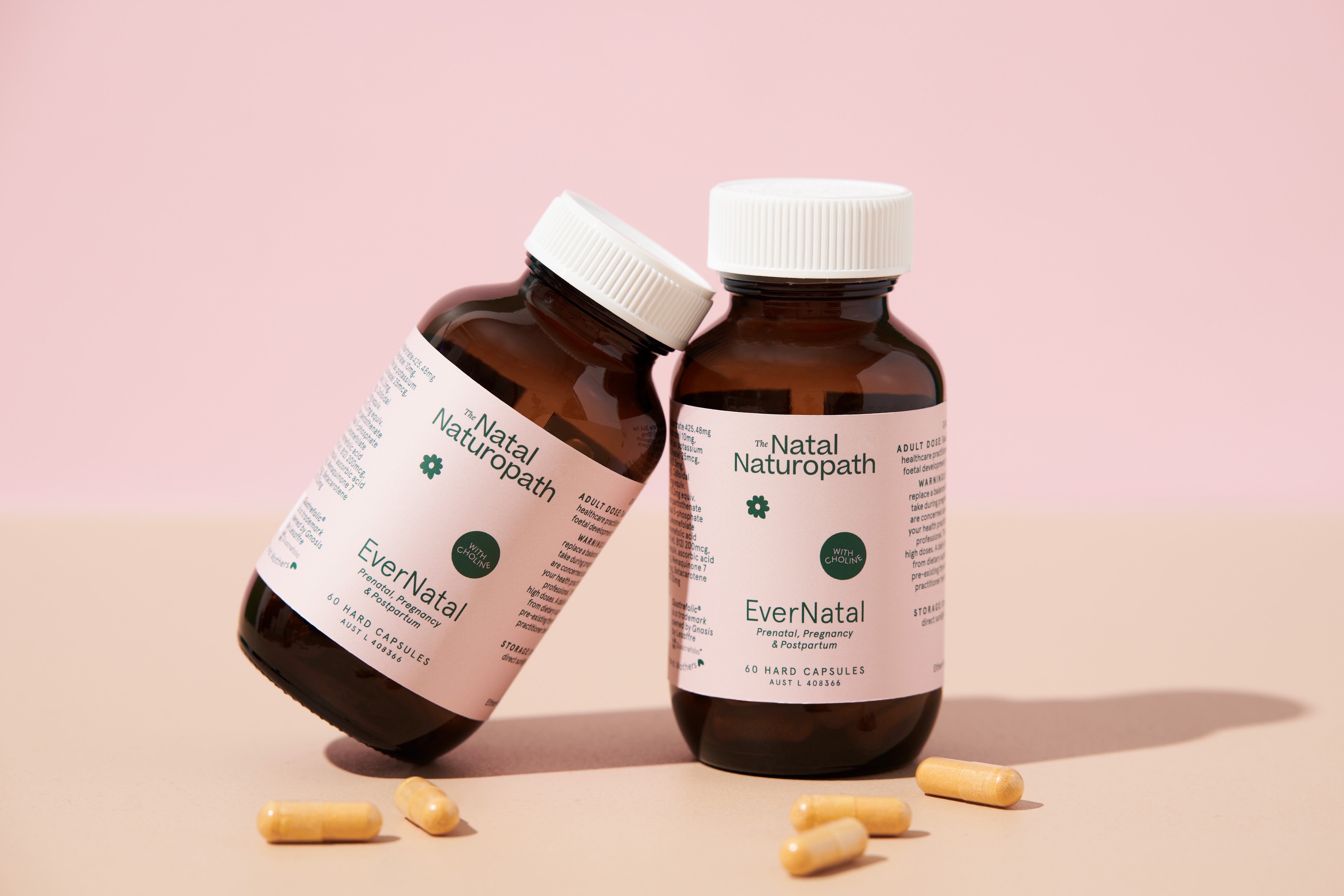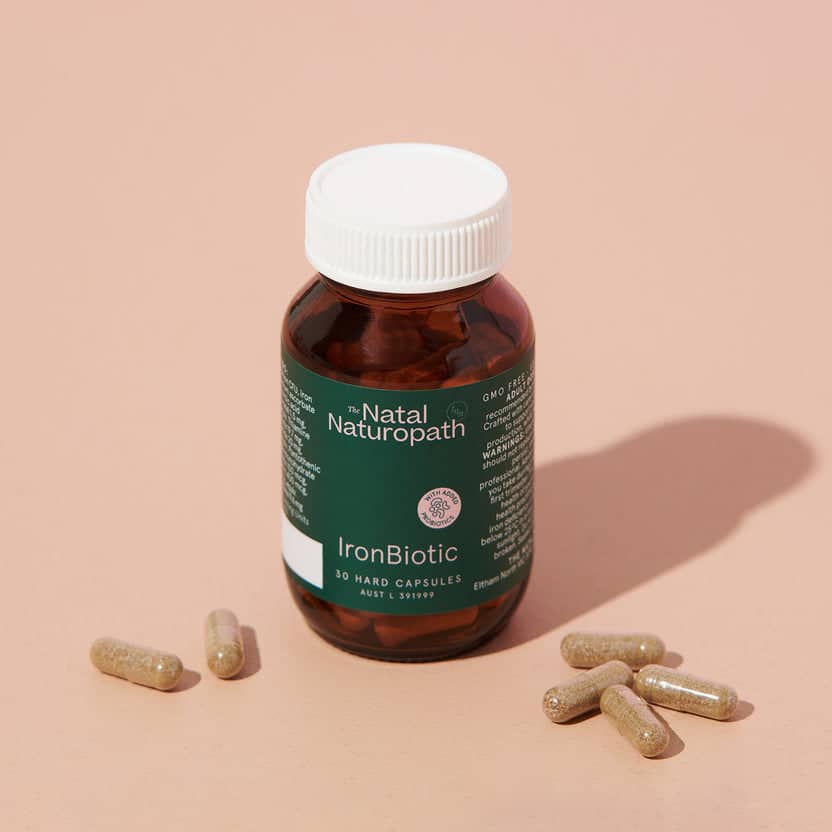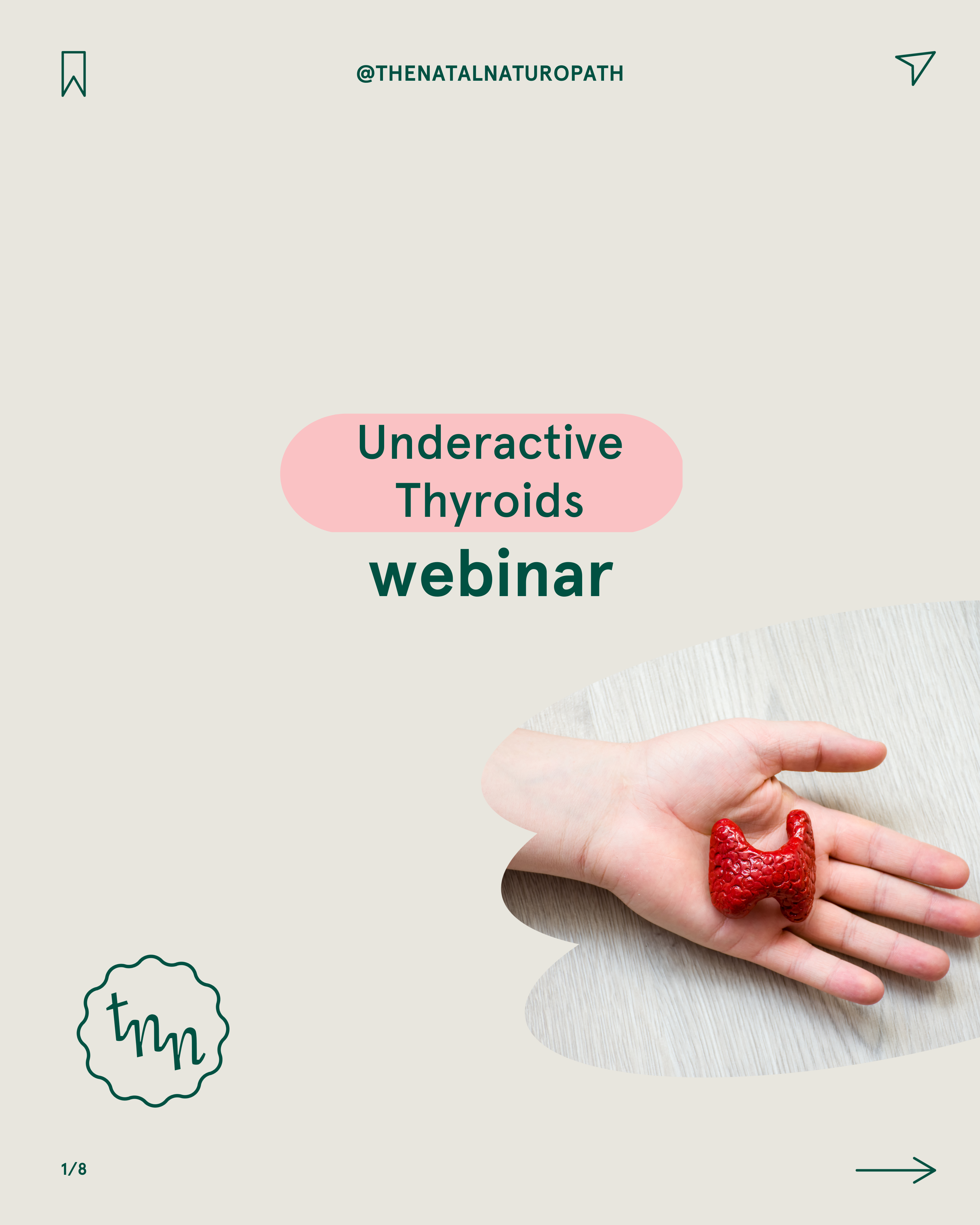Your Guide To Everything Breastfeeding
Breastfeeding is one of nature's most intimate connections between a mother and her child. For many new mothers, it's a journey filled with emotions, questions, and sometimes challenges. At The Natal Naturopath, we're passionate about providing mothers with the information and support they need for a fulfilling breastfeeding experience. In this guide, we'll explore everything about breastfeeding, from its benefits to overcoming common challenges.
1. The Marvels of Mother's Milk
Benefits of Breastfeeding: Breast milk is a miraculous blend of nutrients, perfectly tailored for your baby. Apart from providing essential nutrients, it offers:
- Immunity Boost: Breast milk contains antibodies that help your baby fight off viruses and bacteria.
- Digestive Ease: It’s easier for babies to digest, leading to fewer digestive problems.
- Bonding Time: The physical closeness promotes emotional bonding between mother and baby.
2. Preparing to Breastfeed
- Education: Consider taking a breastfeeding class during pregnancy.
- Nipple Care: Keep nipples moisturised to prevent cracking or drying.
- Breast Pump: Research and invest in a good breast pump, especially if you plan to work while breastfeeding.
3. The First Latch
The first latch post-delivery is an essential moment for Mum and Bub. Remember:
- Skin-to-Skin: Holding your baby skin-to-skin right after birth can promote an early latch.
- Seek Guidance: Don't hesitate to ask for help from nurses, midwives, or lactation consultants if you're having difficulty.
4. Common Breastfeeding Challenges
Even with nature's design, breastfeeding can come with its set of challenges:
- Sore Nipples: Ensure proper latching and keep nipples moisturised.
- Low Milk Supply: Frequent feeding, staying hydrated, and ensuring proper latch can help.
- Engorgement: This refers to breasts becoming overly full. Cold compresses and breastfeeding frequently can provide relief.
- Blocked Ducts: Warm compresses and massaging the area can help.
- Thrush: A fungal infection that can cause pain. If suspected, consult a healthcare professional for treatment.
5. Dietary Considerations for Breastfeeding Mums
Your diet impacts the quality of your breast milk. Ensure a balanced intake of:
- Proteins: Lentils, beans, tofu, fish, and lean meats.
- Calcium: Dairy, fortified plant-based milk, leafy greens.
- Iron: Spinach, legumes, red meat.
- Hydration: Drink plenty of water; breastfeeding can be dehydrating.
6. Breastfeeding and Returning to Work
Returning to work while maintaining breastfeeding can be challenging but not impossible. Here’s here to manage the balancing act:
- Express and Store: Learn to express milk and store it safely.
- Communicate: Talk to your employer about your breastfeeding needs to ensure you get regular breaks.
- Stay Connected: Modern technology allows you to stay connected with your baby even while away. Consider video calls during breaks to maintain the emotional bond.
7. When to Seek Professional Help
Breastfeeding is natural, but it's okay to seek help if:
- Your baby isn't gaining weight.
- You're in persistent pain.
- You're concerned about your milk supply.
- You're feeling stressed or anxious about breastfeeding.
Lactation consultants and professionals at The Natal Naturopath are always available to provide guidance and support.
8. The Decision to Wean
The decision to start weaning is a personal one and depends on the readiness of both mother and baby. Whether it's after six months or two years, ensure the process is gradual and gentle for both you and your baby.
The Importance of DHA for Breastfeeding
DHA, or docosahexaenoic acid, is an omega-3 fatty acid crucial for the brain and eye development of your baby. While your body can produce small amounts of DHA, the primary source for your infant is your breast milk.
- Dietary Sources of DHA: It's beneficial for breastfeeding mothers to consume foods rich in DHA. Examples include fatty fish like salmon, sardines, and mackerel. If you're vegetarian or vegan, algae-based DHA supplements can be a good alternative.
- DHA Supplements: If you're concerned about your DHA intake, especially if your diet doesn't include fish, consider taking a DHA supplement.
- Benefits for Baby: A diet rich in DHA supports the rapid brain development that occurs in the first few months of a baby's life. DHA is also vital for retinal development and contributes to better vision in infants.
- Benefits for Mother: Adequate DHA intake is not only beneficial for your baby, but it also supports the mother's brain health and emotional well-being postpartum.
Conclusion
Breastfeeding is a unique journey for every mother, filled with its highs and lows. At The Natal Naturopath, we believe that armed with the right information and support, every mum can have a fulfilling breastfeeding experience. Remember, you're not alone in this journey! Seek guidance, trust your instincts, and cherish the precious moments of this beautiful bond. Happy feeding!




 You're only $120.00 away from unlocking free shipping
You're only $120.00 away from unlocking free shipping



